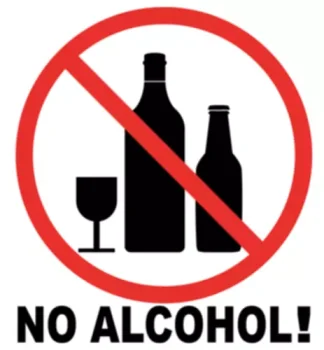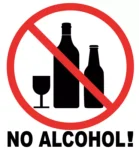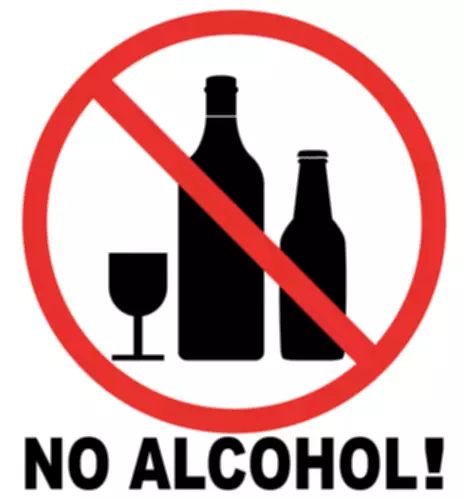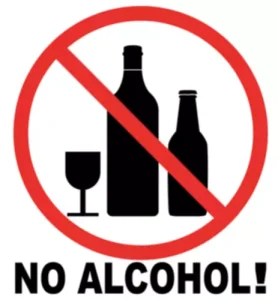
If you feel you are addicted to a drug, it’s imperative to seek treatment immediately. More than 50 percent of U.S. illicit drug users try marijuana before turning to other substances. Other common gateway drugs in the U.S. are prescription opioids, followed by inhalants. Painkiller and heroin addiction top the list of public safety concerns when it comes to drug abuse in the U.S. Overdose deaths related to heroin have more than quadrupled since 2010, and increased by over 20 percent from 2014 to 2015 — causing nearly 13,000 deaths. Heroin addiction rates continue to rise on behalf of painkiller addiction, since this illicit opioid is easier to obtain and lower in cost than most painkillers.
- Drug addiction is considered a disease that impacts brain circuitry and behavior, and it is classified by an inability to control drug use.
- Addiction is clinically described as substance use disorder and is characterized by an inability to control substance use.
- Overdose deaths related to heroin have more than quadrupled since 2010, and increased by over 20 percent from 2014 to 2015 — causing nearly 13,000 deaths.
- I would venture to believe that a drug such as OxyContin which provides 12 hours of release of Oxycodone would make the list.
What Are the Top 5 Most Addictive Drugs?

The drug does not produce a high unless it is taken in significantly high doses, but it can lead to overdose. Many street methadone users take the drug to alleviate opioid withdrawal symptoms. If you https://ecosoberhouse.com/ suffer from an addiction to any of the substances in this most addictive substance list, know that you are not alone. Addiction may be overwhelming, but with the professional and empathetic support of our staff at Avenues Recovery, it is entirely possible. Our highly trained addiction counselors have helped thousands of people break free from their addictions, and they can help you too!
Breakfast For Healthy Aging: Here’s How Many Calories You Need For Morning Meal

Smoking crack allows it to reach the brain faster than if it were snorted, resulting in an intense and immediate high that lasts about 15 minutes. Since the effects are so short-lived, users commonly smoke it repeatedly to sustain the high, which then leads to a faster onset of addiction. It is not uncommon for someone to become addicted after his or her first time Oxford House trying crack cocaine. When you use nicotine, it triggers the release of dopamine in your brain, creating feelings of pleasure and reward that lead to addiction.
Reducing Health Risks Among Youth

Dependence was based on pleasurable effects, tolerance, withdrawal symptoms and the drug’s ability to influence repeated use. Ambien is a brand name for the drug zolpidem, which is commonly prescribed to treat insomnia or difficulty sleeping. It belongs to a class of medications known most addictive drug as sedative-hypnotics and works by affecting certain chemicals in the brain that may be unbalanced in people with sleep problems. Ambien is typically used for short-term treatment and is intended to help individuals fall asleep more quickly and stay asleep. It’s important to take Ambien exactly as prescribed by a healthcare professional, as misuse or extended use can lead to dependence or other side effects.
Drugs And The Brain’s Reward Center

A variety of factors influence the addictiveness of a substance, such as the degree of tolerance a person develops after repeated use and the intensity of the drug’s withdrawal symptoms. Ibogaine is a psychoactive compound derived from the root bark of the iboga plant in Central Africa. Traditionally used in African spiritual ceremonies, ibogaine is known for its hallucinogenic effects. In some alternative medicine contexts, it is explored for its potential in treating opioid addiction, with users hoping for a reset of addictive patterns. However, ibogaine carries serious health risks, particularly concerning cardiac effects, and should only be administered under careful medical supervision.

But repeated use can increase a person’s tolerance to cocaine, making them require more of the drug to achieve the desired effects. Marijuana, also known as cannabis, is a psychoactive plant that has been used for various medicinal, recreational, and industrial purposes for centuries. The plant contains compounds called cannabinoids, with delta-9-tetrahydrocannabinol (THC) being the primary psychoactive component responsible for the plant’s mind-altering effects.
- It’s illicitly manufactured in the form of white powder or crystal form, better known as crack cocaine.
- Starting addiction treatment early helps ensure a safe and long-lasting recovery.
- Benzos like Xanax, Valium, and Ativan can be highly addictive, especially when used for extended periods or in higher doses than prescribed.
- Alcohol use is legal in most countries, and the number one substance abused in the entire world.
- The drug can also cause mental health problems, such as anxiety, paranoia, and cognitive deficits.
- This substance increases alertness and excitement in addition to producing the feeling of euphoria.
Experts say users can become physically dependent on the substance within several days or weeks, depending on the frequency and amount being used. Despite temporary relief or euphoria that substances may provide, the long-term consequences of substance abuse can be devastating. Your physical health, mental well-being, and relationships can all deteriorate as addiction takes hold. These consequences may lead to chronic health issues, financial problems, and social isolation, significantly disrupting your life and the lives of those around you.




Leave a Comment